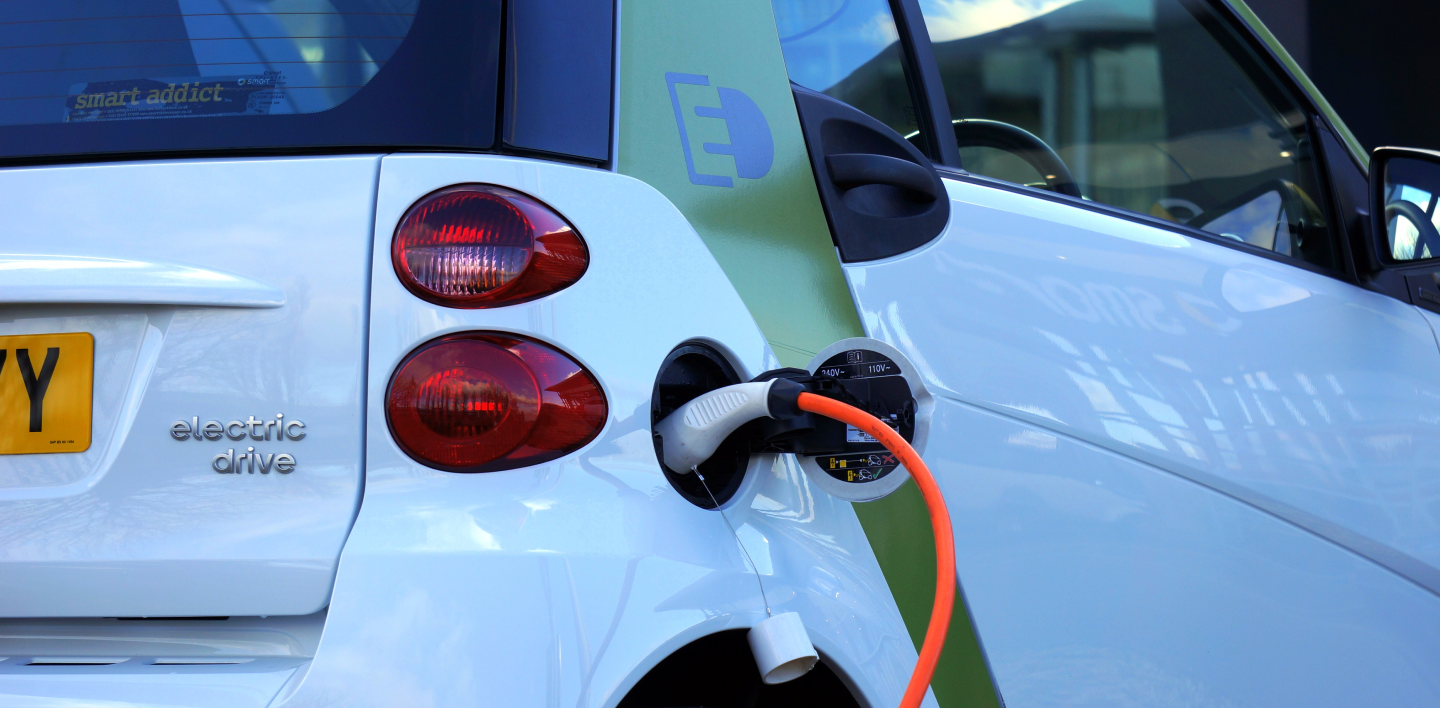Are upfront costs higher for an EV?
When choosing an EV, there’s a lot to consider. The design, maintenance and cost are the primary factors when making a decision. The number of EVs in the U.S. is projected to reach 18.7 million in 2030, a huge growth from 1 million at the end of 2018. With such a huge rise in popularity, it’s no surprise you may be considering the jump to owning an EV.


Is the upfront cost more for an EV? Let’s break it down.
A Tesla Model 3 starts at around $37,990 (1) and a Nissan Leaf starts at $31,600; (2) whereas the base price for a Toyota Camry is $24,294. (2018 study from the University of Michigan’s Transportation Research Institute found that electric vehicles cost less than half as much to operate as gas-powered cars.
To operate an EV in the U.S. runs about $485 per year, whereas the average cost to operate a gas-powered vehicle runs $1,117 per year.4 The exact price difference also depends on gas and electric rates where you live and the type of car you drive.

As gasoline prices rise and are often unpredictable, owning an EV saves you cost on gassing up. Electric vehicles are easier and cheaper to maintain, and they are cheaper to operate.
Based on an electric vehicle efficiency of 3 miles/kWh and the cost of electricity at 7″ per kWh, the electric vehicle will travel about 43 miles for $1.00. Also, an average of 22 mpg for gasoline vehicles and a gasoline cost of $1.25/gal, the gasoline-powered vehicle will go about 18 miles.
The bottom line: The distance that can be traveled for a fuel cost of $1.00 is more than twice as far with an electric vehicle.
Although it can be more expensive to purchase an EV, another positive aspect to consider are tax credits. The federal government and a number of state governments offer tax credits and other incentives to EV buyers that can lower the up-front cost.
Between tax credits and incentives as well as long-term savings on fuel and maintenance, it may be the right time to consider going electric and hitting the open road.
